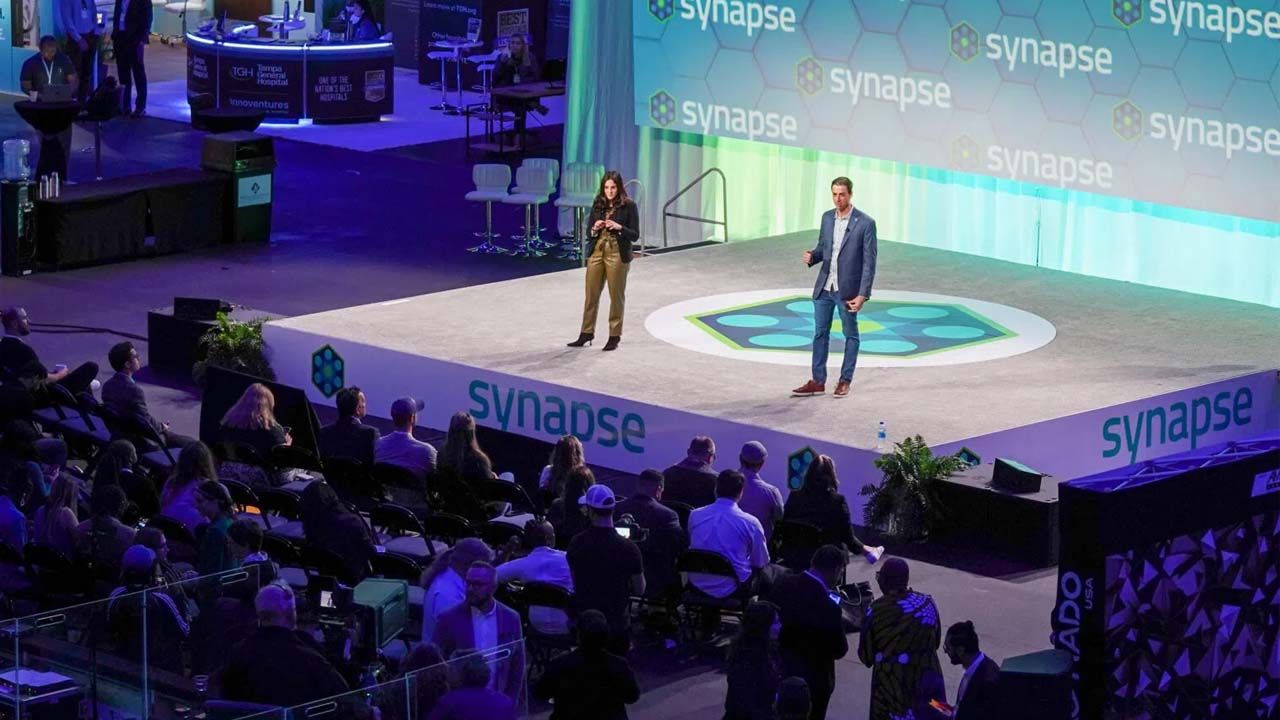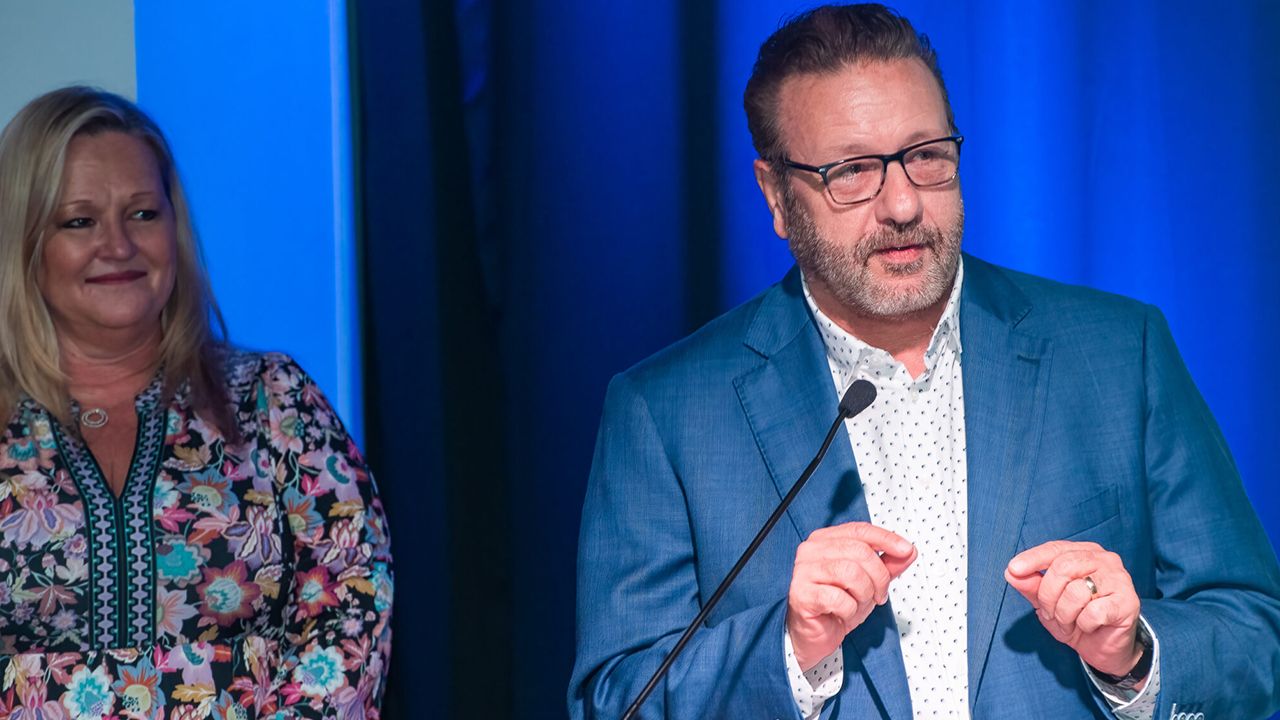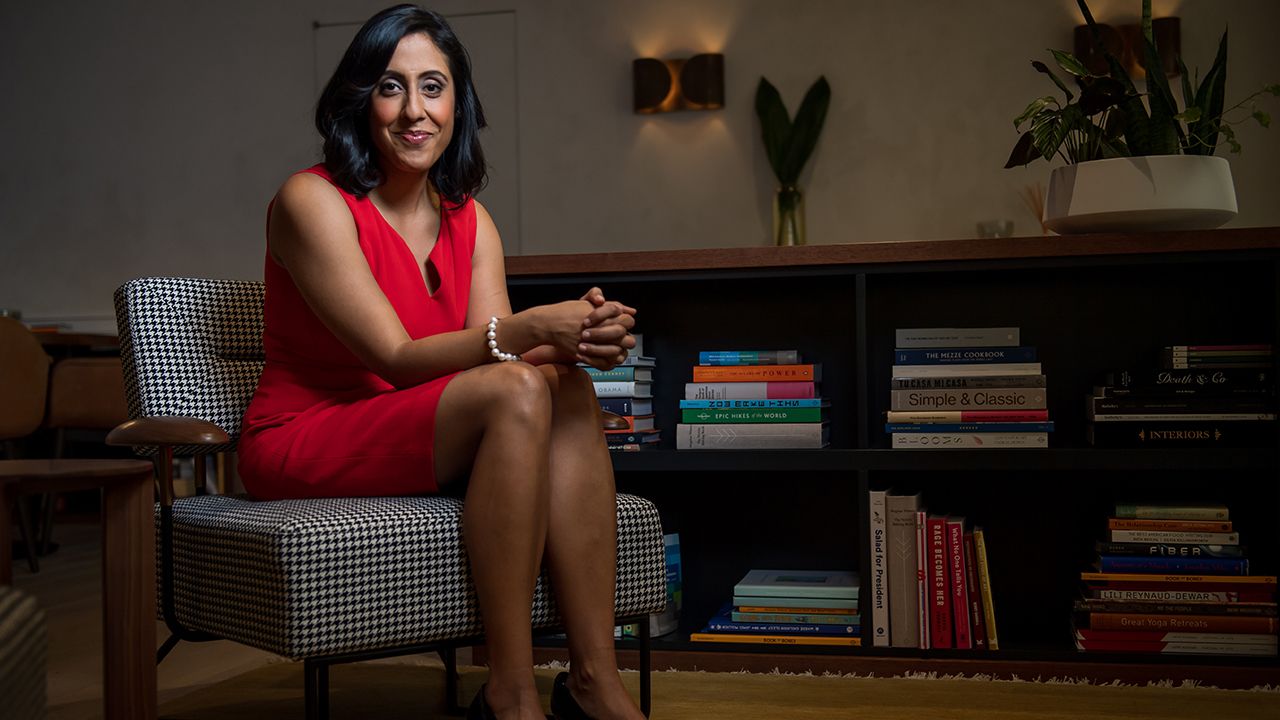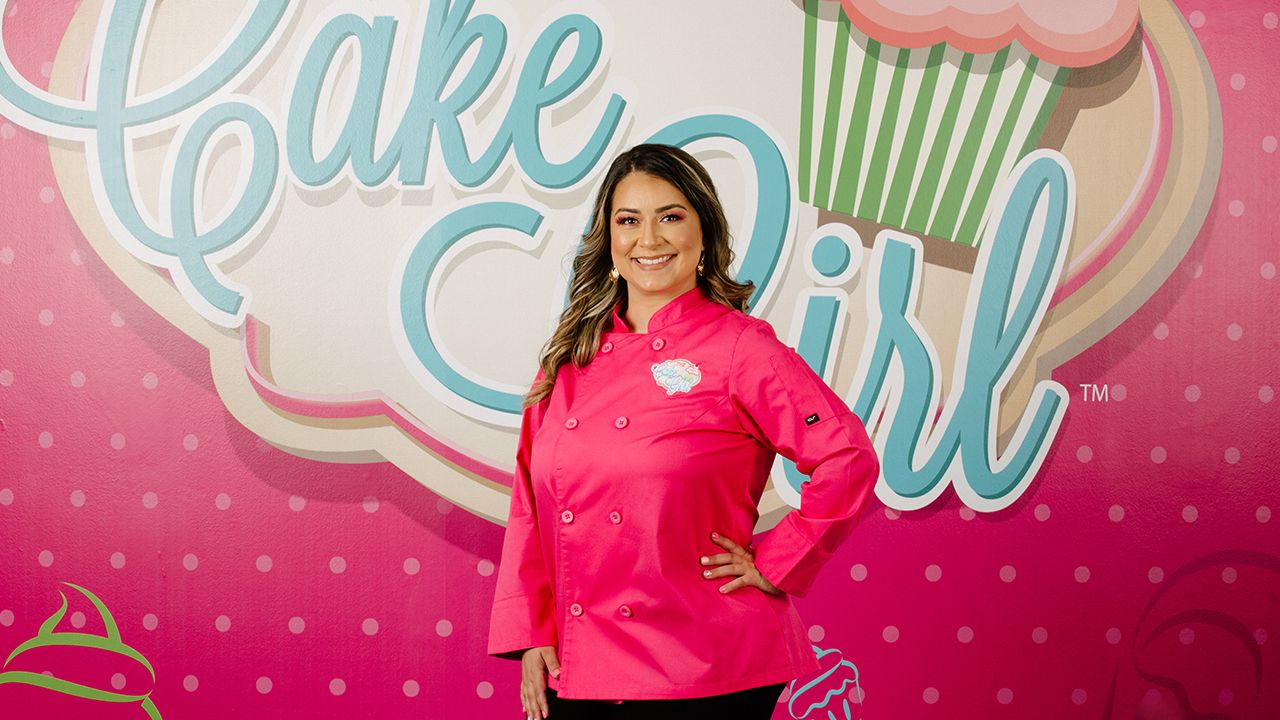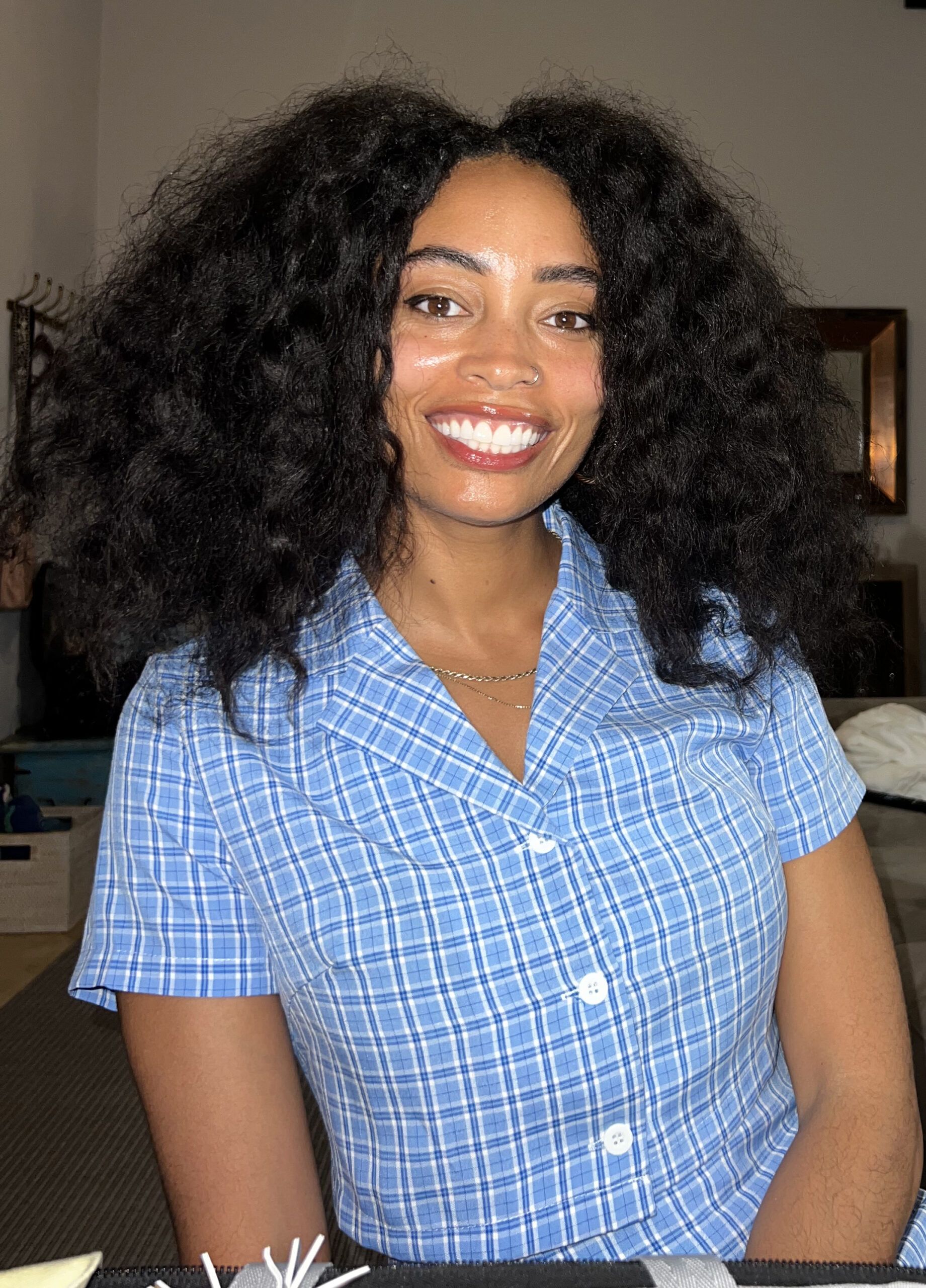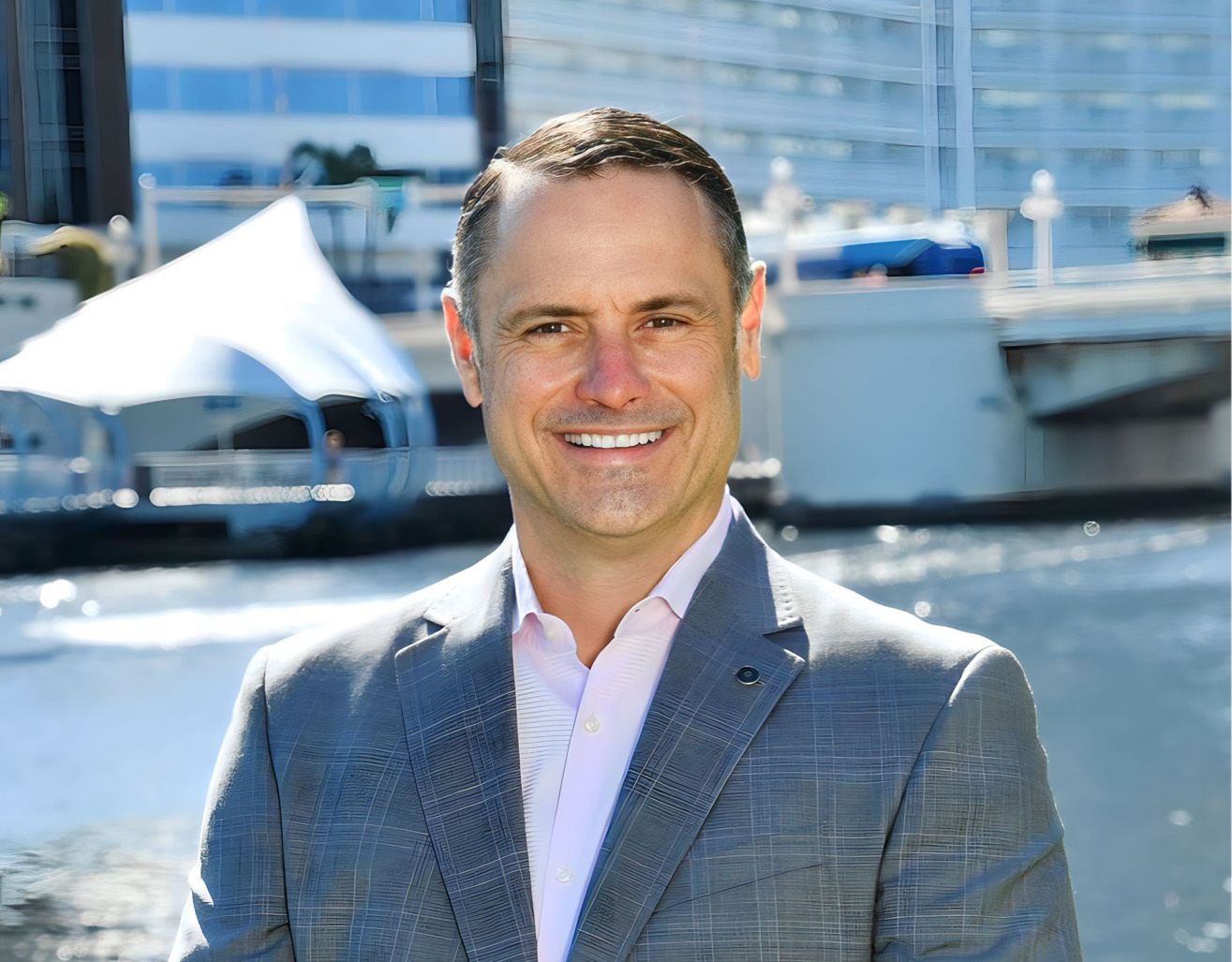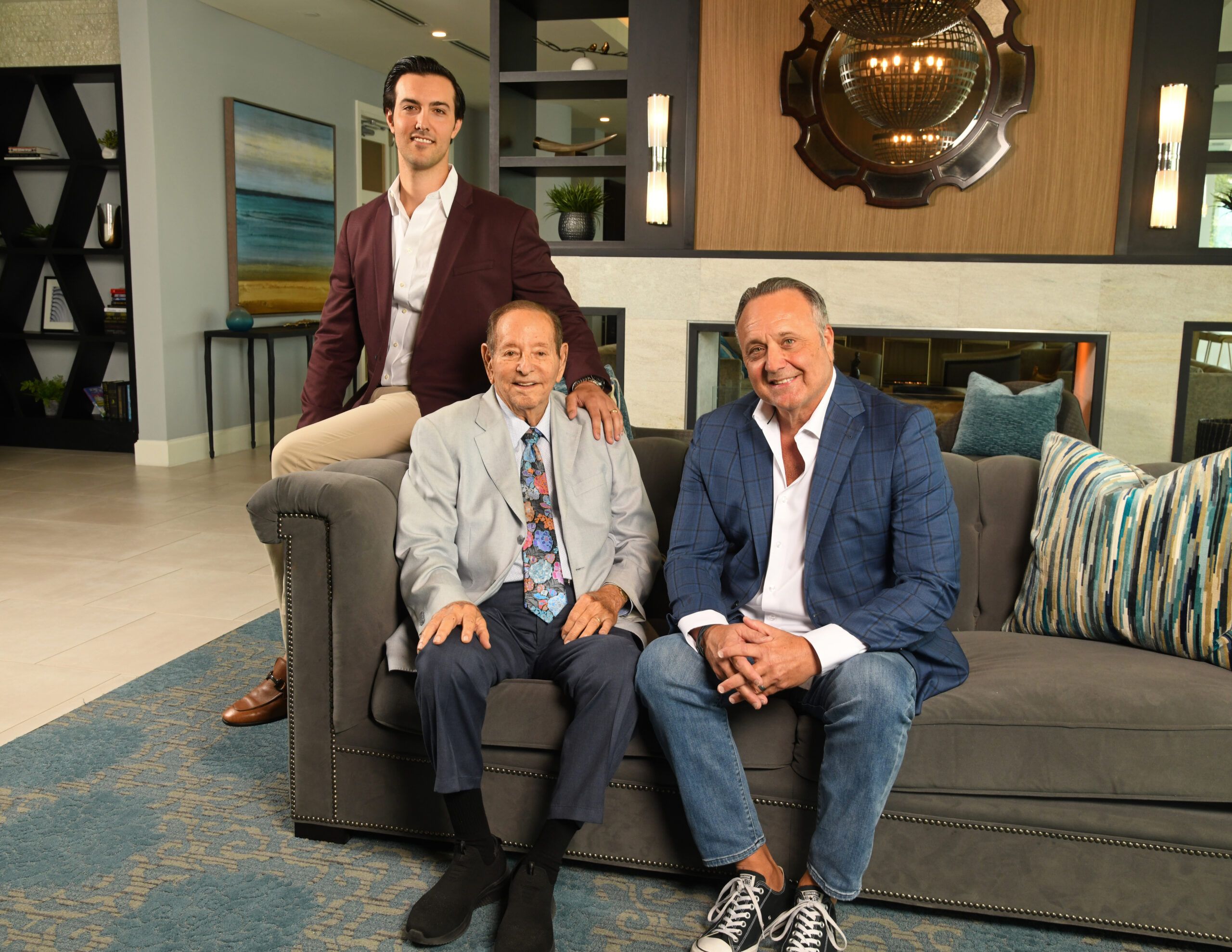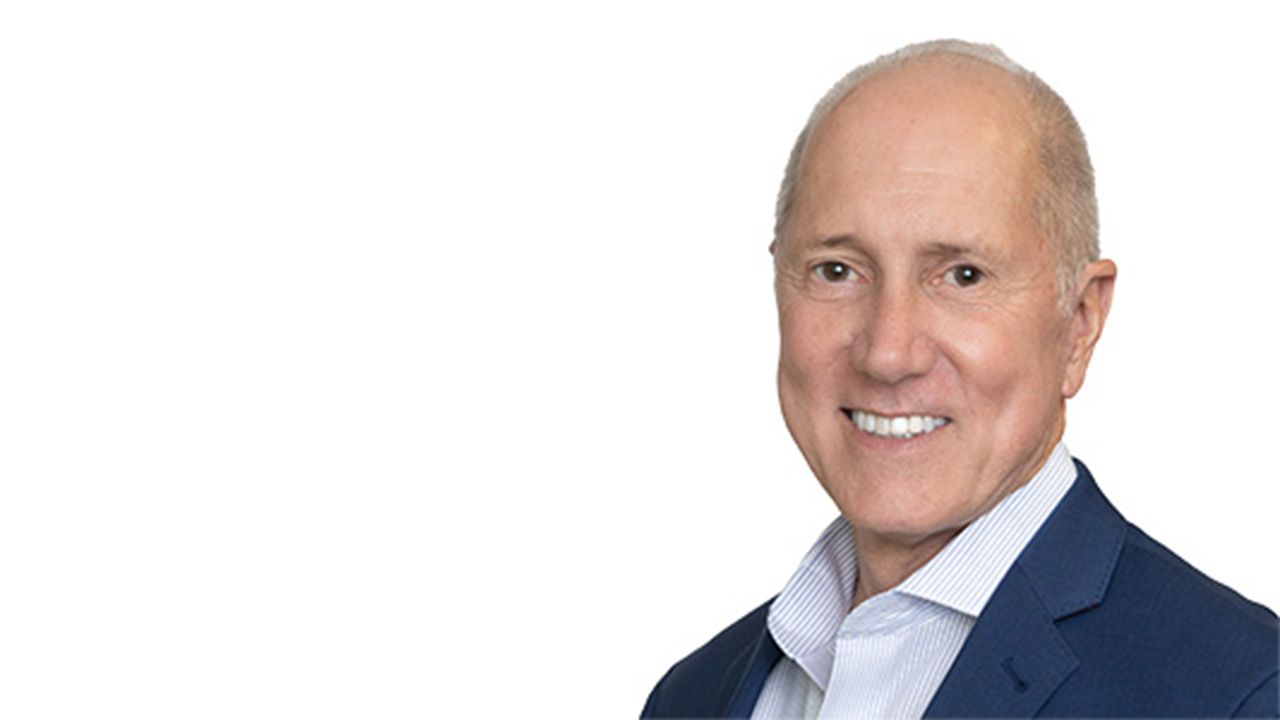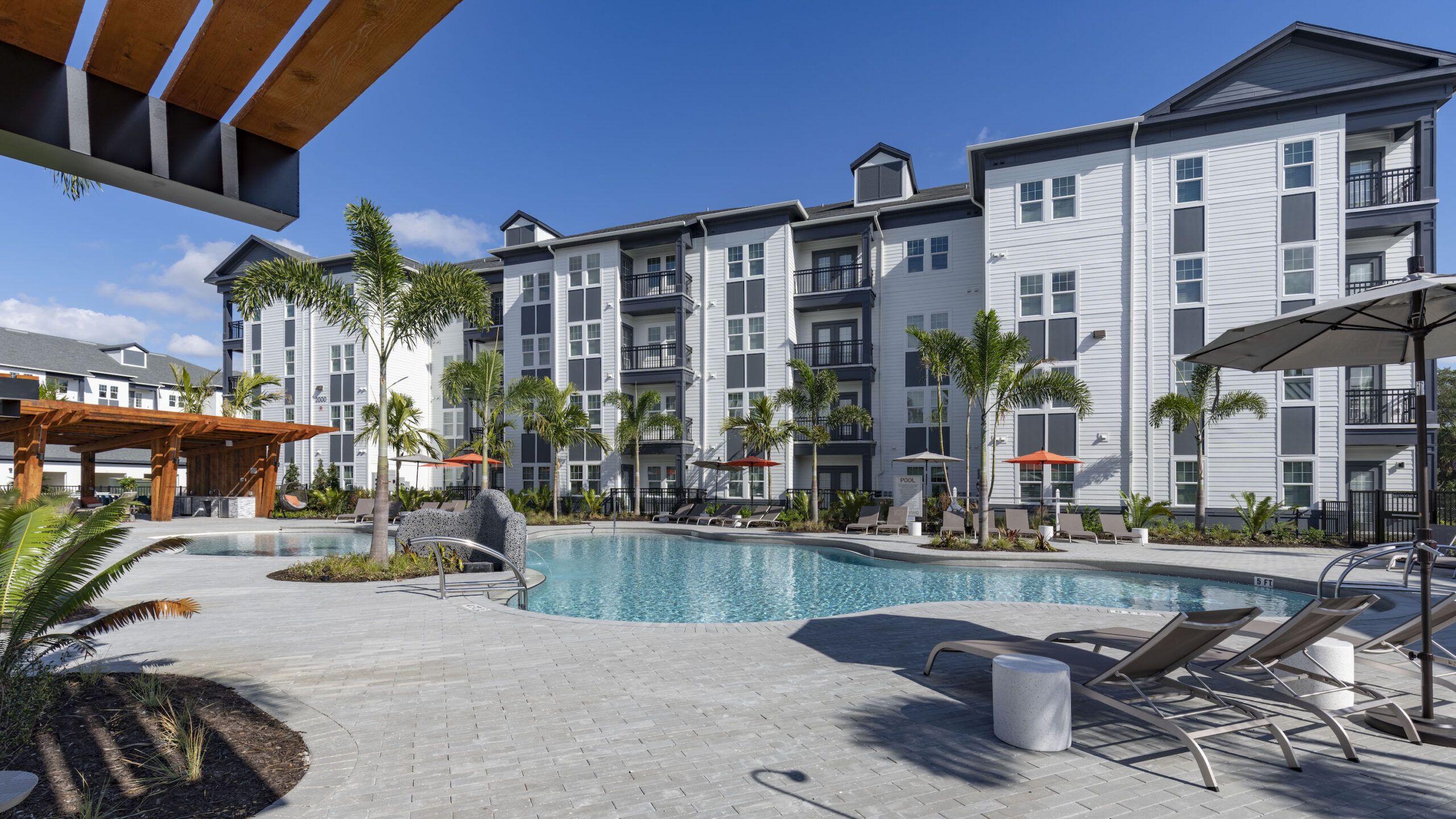After six years of leading the charge at Synapse Florida, Brian Kornfeld has stepped down from his leadership post as chief executive officer and passed the baton to one of his mentees, and friend, Lauren Prager.
Kornfeld was a part of the founding team who established Synapse, in 2016. Since then, the organization has hosted 11 large-scale events, more than 30,000 attendees, more than 2,000 exhibiting companies and 2,300 speakers.
Each year, the annual event, held in downtown Tampa, attracts an average of 6,000 people from around the world.
Kornfeld has already publicly shared that he will remain active with Synapse, both on its board of directors and its Impact Board but, no doubt, this transition appears to be an opportunity for the next phase of the nonprofit.
Tampa Bay Business and Wealth spoke with Kornfeld about his experience with the organization, the Tampa Bay community and the new generation of the Synapse ecosystem. This interview has been edited for length and brevity.
Why don’t you start by talking about your accomplishments with Synapse? The things that you’ve been able to do as a leader and some of the wins that you have had.
It’s hard to narrow down the accomplishments because there’s been a lot of them. I mean, even just from getting this thing off the ground, and understanding the hard work that went in behind the scenes, all the way back in 2016 and early 2017, that most people don’t know about.
Most people only see the Synapse Summit [of today] and say, “Oh this is a great event!” But so much thought went into, “What could this community be? What does the future look like? And how do we find ways to work together?” We needed to do something different, and significant.
To see how much this entire community has changed, whether it’s here in Tampa Bay or across the state of Florida, people work together now in new ways. There’s a lot more access to resources.
There are higher-quality companies that are building, and growing. There are more people moving here. There are more investment dollars here than ever before. And a lot of that coincides with the growth of Synapse.
One of the things that you guys are so fantastic over there at doing is connecting and elevating people.
When we first started, that was probably the biggest core problem that we needed to solve. We saw there was a lot of great resources here for innovation. Just no one was talking to each other.
Brad Feld, the person who [co-created] Techstars, said something along the lines of every single community in the world has stuff. But the strong communities have good connections between the stuff. And that was something that we didn’t really have, to begin with.
What we discovered, after the first summit, was whether it was intentional or not, that utilizing Amalie Arena’s corridors where people could walk through and bump into each other and see each other, was really a connection to help build for the next 364 days.
Doing things like giving people that first opportunity to exhibit at a scholarship level is something that was very intentional, to give people a chance to showcase themselves and to build connections. We had four different demo stages with the purpose being to let people get on a stage for the first time in their career, showcase a product or be on a session that they never would have an opportunity to be on. And those were so meaningful, and so powerful, at giving people these opportunities and really helping to take people to future stages.
There’s a strong development aspect to what you offer.
It’s all for the sake of building a community. It’s all for the sake of making everything stronger. For building everybody up and understanding that the connection might not be a direct, I help you, you help me connection. That’s something that’s hard for some people to grip. They’re very used to transactional relationships and community building is not transactional.
Community building is you help somebody else, and hopefully, it comes back to you in return, whether it’s from them or from somebody else and that’s the way that the journey of innovation can work.
That was the premise that we’ve been setting up with Synapse for several years. To really, quite honestly, teach the community how to be a community.
It’s a lot like what [Jason Baker, vice president and associate publisher of TBBW] says. We’ve all heard him say it…building an ecosystem that feeds off each other in a positive way.
One of the single most powerful questions in community building is, “How can I help?” Not, “How can you help me?” Often people ask me that question, a lot, and I have no clue how to answer it. So it’s okay to say, “I don’t know right now but I’ll definitely ask you later when I need it.”
There has been a lot of change in the Tampa Bay business community over the last six years. What are some of the observations you’re taking away, as you step down from this role, and what the community has been able to achieve? What’s next?
I think the community has matured a lot. I think more of the community understands how important the role of innovation plays for economic development and for job creation. It’s the soccer player mentality of go where the ball is going, not where the ball is right now.
I also think the community has matured, in terms of focusing in on a couple of core industries. In the past, when we started [Synapse], and even going back to the early stages of some of the local accelerators, or the other innovation groups, it was very all over the place.
Now you see cybersecurity on the forefront. FinTech and AI is really starting to come up as is health care.
As this community matures, we will really start to lean in on a couple of these key leading industries. We’re going to see more branding coming for this community. People are coming here for events because they are “can’t miss”.
There is a collaboration theme that comes from a lot of people I interview and the more collaboration we have the better the community is.
Action speaks louder than words. A lot of people can say the word “collaboration.” A lot of people will use the word “community” and don’t necessarily live it but I really think here, especially within the leadership of this community, more and more, we’re seeing the actions match the words. And I think we’re really starting to see the benefits of that take place across Tampa Bay and across the state of Florida. And we’re just starting to scratch the surface with it.
So, what’s next for Brian Kornfeld?
For now, I’ll say that I’m in the process of launching a new company. It’s something I’m very excited about. It’s something that really has been on my mind and something that fits into my passion but also will be very supportive, and positive, and create really good things for the community. I’m happy to be staying local and building this company right here in Tampa Bay and more announcements will come out about this in the next couple of months. I really want to keep the focus on ending this chapter and making sure the next chapter for Synapse is launched the right way.
That was a great way of answering a question without answering a question, Brian.
There will be a day, in the not-too-distant future, when I will happily talk about this a little bit.
Fair enough.
No one will be surprised. I’m working with some great people. And that’s something that’s very important to me as well.
What does it mean to you to have someone that you’ve watched grow, and develop, under your leadership, to be able to step into this role with something you so passionately helped build from the ground up?
It means everything. Staying involved was very important to me. I’ve been very adamant that I wanted to stay involved, whether it’s as a board member, on the board of directors, but also potentially in different roles as well.
I could not be prouder of [Lauren]. The conversation I had with her, telling her that this was coming…honestly, it was gut-wrenching, and heartbreaking, to know that I’m not going to be working with her on a day-to-day basis. But I took so much pride in knowing that she really is the right person for this role.
I really am going to be very sad to not get to work with the entire team that I’ve worked so closely with, since 2018.
I know, without a doubt, that [Lauren] going to be successful in this role. I think she is honestly, and I say this even somewhat biased, but I think she’s the right person, in the right job, at the right time. ♦



